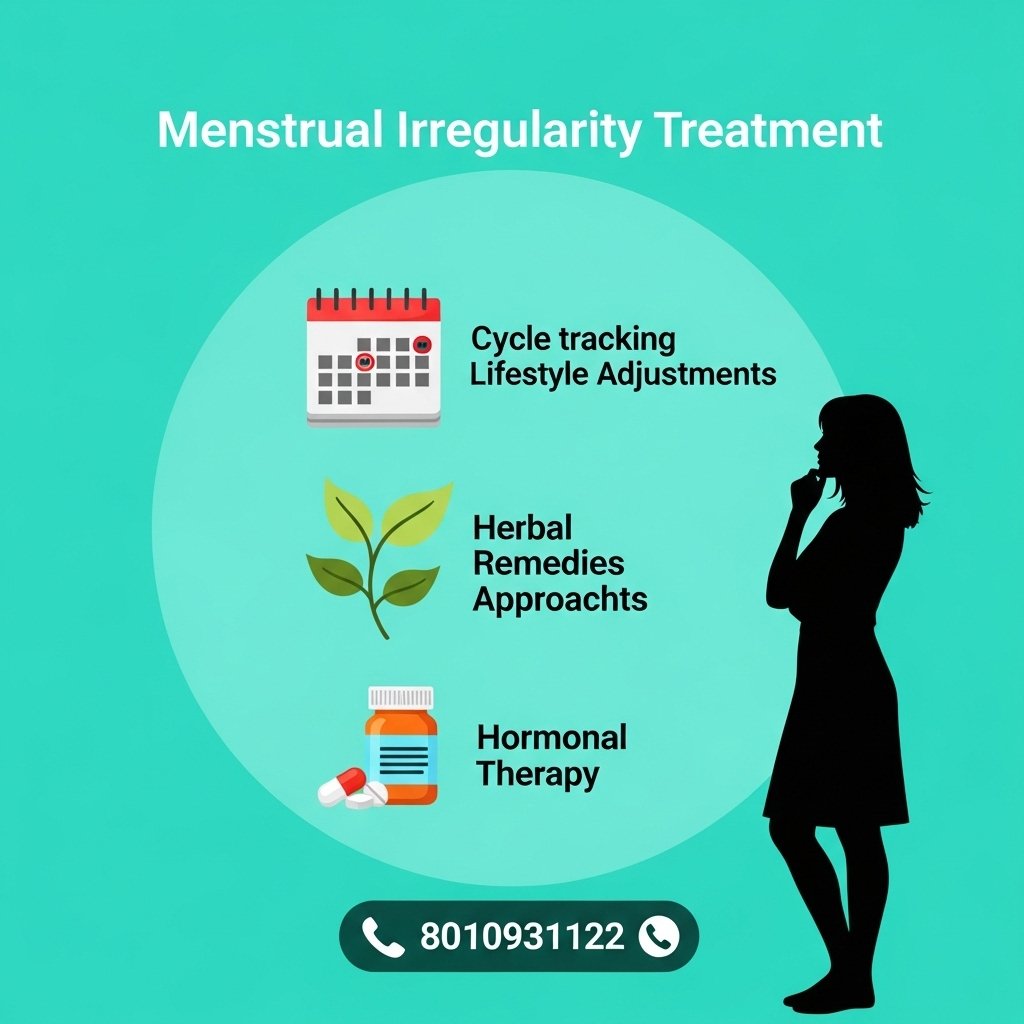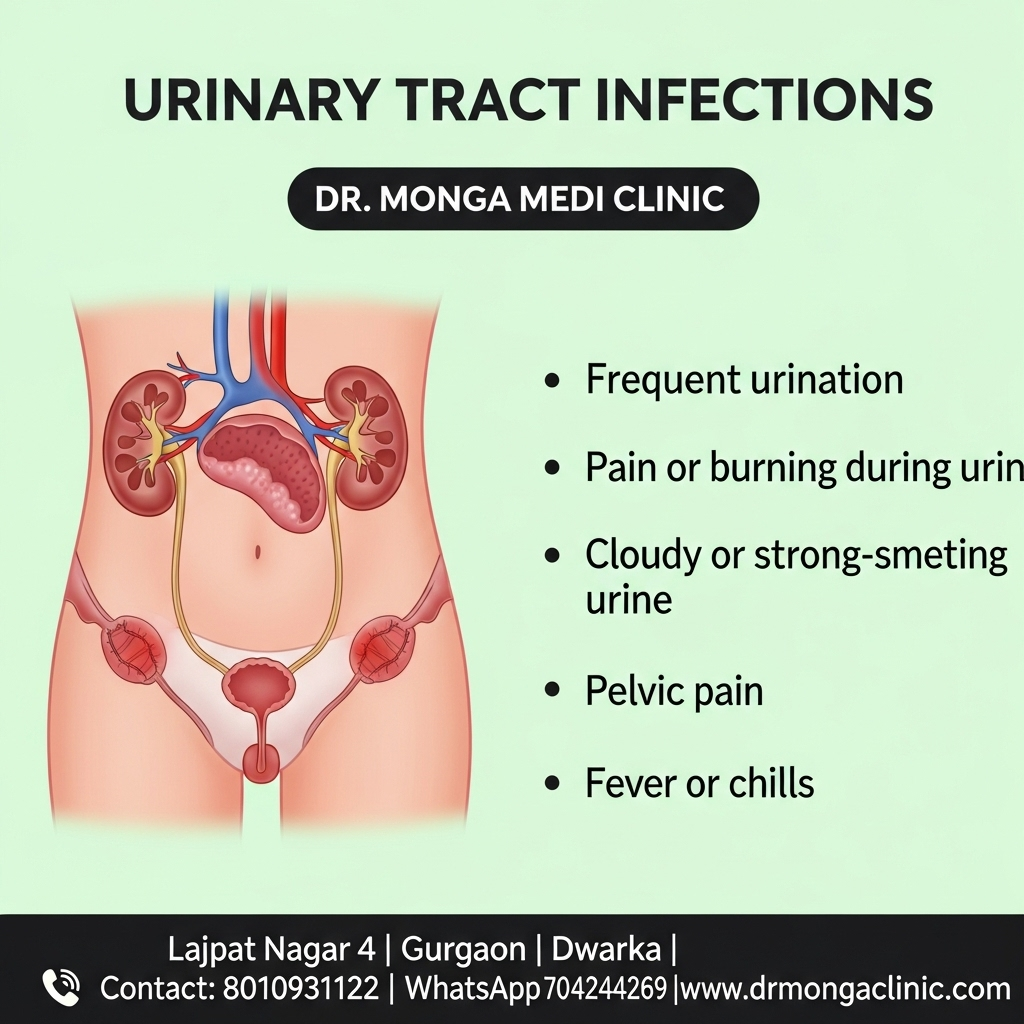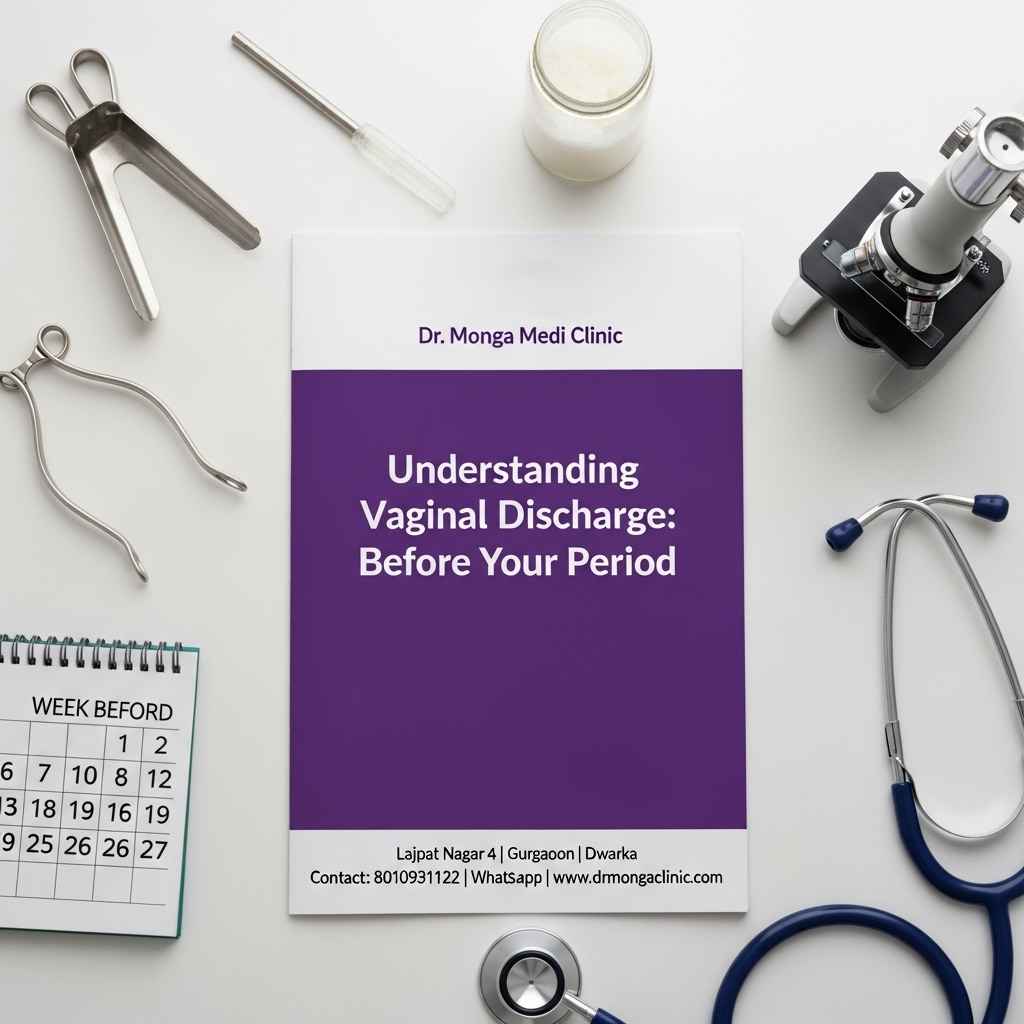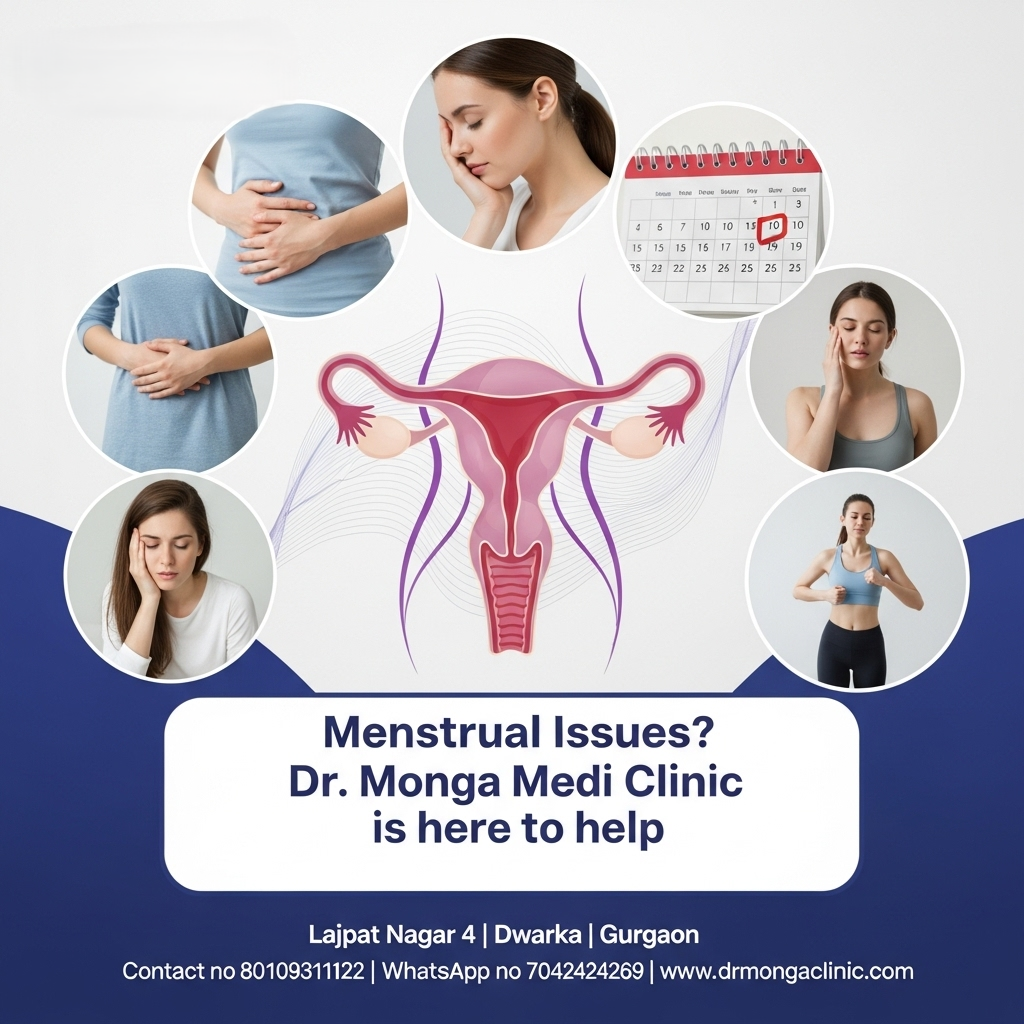Menstruation is a natural process, but for many women, it doesn’t always follow a predictable pattern. Irregular cycles, heavy bleeding, and severe pain can interfere with daily life. These are often categorized under menstrual disorders, which affect women of different ages. Understanding the root causes and exploring menstrual irregularity treatment options can help women regain control over their health.
What Are Menstrual Disorders?
Menstrual disorders are health conditions that affect a woman’s monthly menstrual cycle. They may show up as irregular cycles, absence of periods, extremely heavy or light bleeding, or unbearable cramps. While occasional changes can be normal, persistent issues may indicate an underlying health condition.
Common Types of Menstrual Disorders
1. Menorrhagia (Heavy Bleeding)
Excessive blood loss during periods, often leading to weakness and anemia.
2. Dysmenorrhea (Painful Periods)
Intense abdominal cramps and pelvic pain during menstruation.
3. Amenorrhea (Absence of Periods)
Lack of menstruation for more than three months in women of reproductive age.
4. Oligomenorrhea (Irregular Periods)
Cycles longer than 35 days or unpredictable menstrual flow.
5. Premenstrual Syndrome (PMS)
Emotional and physical symptoms such as mood swings, bloating, and headaches before menstruation.
Signs and Symptoms of Menstrual Disorders
- Heavy or prolonged bleeding
- Skipped or irregular cycles
- Severe abdominal or back pain
- Mood swings and fatigue
- Dizziness or fainting in extreme cases.

Causes of Menstrual Disorders
Menstrual problems often arise from multiple factors, including:
- Hormonal imbalance (estrogen and progesterone fluctuations)
- PCOS (Polycystic Ovary Syndrome)
- Thyroid dysfunction (hypothyroidism or hyperthyroidism)
- Excessive stress or lifestyle changes
- Fibroids or endometriosis
When to Seek Medical Help
If menstrual problems affect your daily activities, cause severe pain, or lead to symptoms like anemia, medical intervention becomes necessary.
Diagnosis of Menstrual Disorders
Doctors may use:
- Detailed medical history
- Blood tests for hormones
- Ultrasound scans
- Endometrial biopsy (if needed).
Impact of Menstrual Disorders on Daily Life
From missed workdays to emotional distress, menstrual issues can negatively affect both physical and mental health if not addressed properly.
Menstrual Irregularity Treatment Options
The treatment depends on the type and cause of the disorder. Some common approaches include:
- Lifestyle modifications: Adequate sleep, stress management, and regular exercise.
- Dietary changes: Iron-rich foods to prevent anemia and balanced nutrition.
- Medications: Pain relievers, hormonal pills, or iron supplements.
- Hormonal therapy: Correcting hormonal imbalances with prescribed medicines.
- Surgical options: Fibroid removal or other procedures in severe cases.
This section highlights the importance of menstrual irregularity treatment, which helps restore balance, regulate cycles, and reduce discomfort.
Role of Ayurveda and Natural Remedies
Herbal remedies, yoga, and stress reduction techniques are gaining popularity for managing mild menstrual issues naturally. However, they should be taken under expert supervision.
Menstrual Disorders and Fertility
Disorders like PCOS, endometriosis, and irregular ovulation may cause fertility challenges. Early treatment can improve the chances of conception.
Self-Care and Home Remedies
- Heat pads for cramps
- Hydration and proper diet
- Meditation and yoga
- Avoiding excessive caffeine and alcohol
Preventive Tips for Healthy Menstrual Cycles
- Maintain a balanced weight
- Manage stress effectively
- Stay physically active
- Get regular check-ups
Myths vs. Facts About Menstrual Disorders
- Myth: Irregular periods are always normal.
- Fact: Persistent irregularity may signal underlying health issues.
- Myth: Only young women have menstrual disorders.
- Fact: Women at any reproductive age can be affected.
Conclusion
Menstrual disorders are common but should not be ignored. From hormonal imbalances to lifestyle habits, several factors contribute to irregular cycles. Thankfully, effective menstrual irregularity treatment options are available, ranging from lifestyle changes to advanced medical care. Timely diagnosis and the right approach can help women lead healthier, more balanced lives.
FAQs
1. What are the most common menstrual disorders?
Heavy bleeding, painful cramps, irregular cycles, missed periods, and PMS are the most common issues.
2. Can stress cause menstrual irregularities?
Yes, stress affects hormone levels and may delay or disrupt cycles.
3. Is Ayurveda effective for menstrual problems?
Yes, herbal remedies and yoga can help in mild cases, but professional guidance is important.
4. When should I consult a doctor for irregular periods?
If irregular cycles persist for more than three months or are accompanied by severe pain, consult a gynecologist.
5. Can menstrual disorders affect fertility?
Yes, conditions like PCOS and endometriosis may impact fertility if left untreated.







Leave a Reply